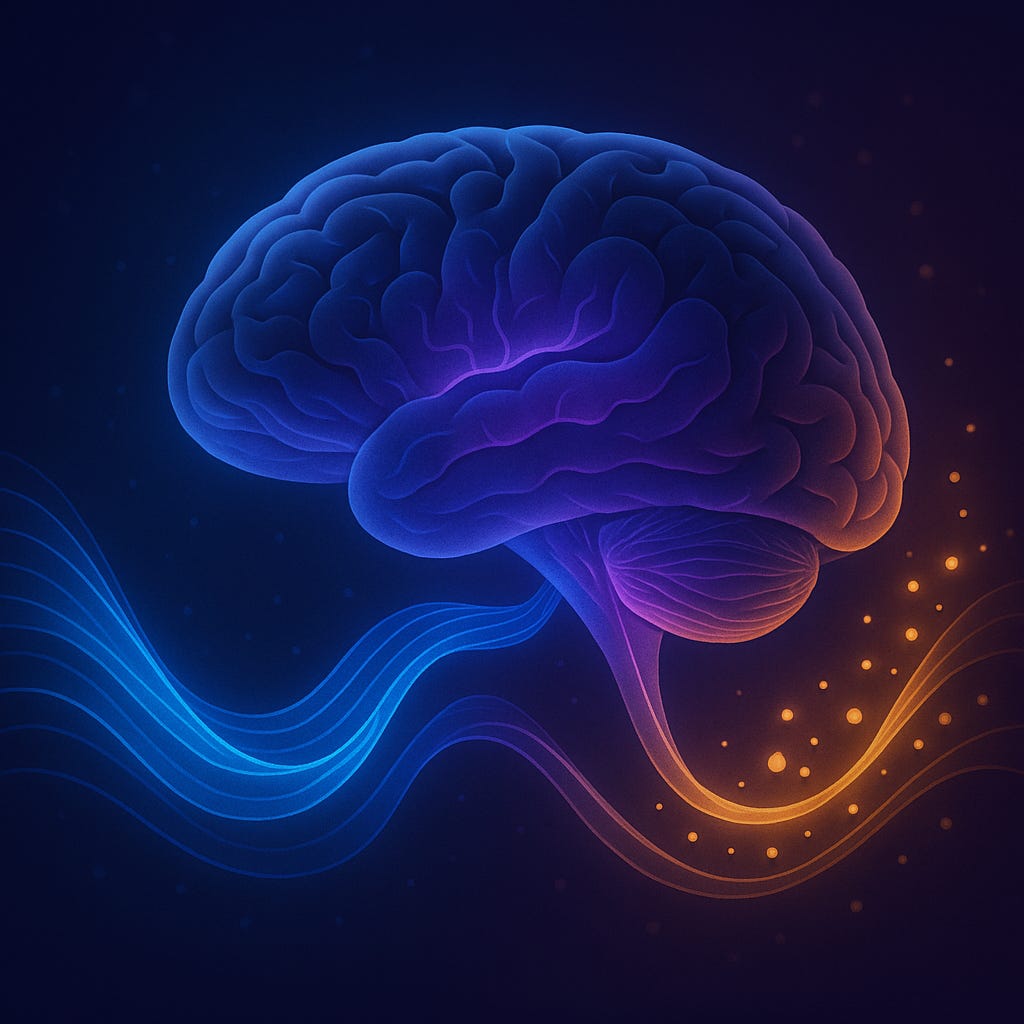Ketamine Antidepressant Effects May Rely on Opioid System
New research suggests ketamine’s rapid mood-lifting benefits could be linked to opioid receptor activity in the brain.
A small randomized trial found that blocking the opioid system with naltrexone weakened ketamine’s antidepressant effects and blunted brain glutamate activity, suggesting the opioid system may play a role in ketamine’s rapid mood benefits.
Study Details
Ketamine has gained attention as a rapid-acting antidepressant for treatment-resistant depression. Trad…
Keep reading with a 7-day free trial
Subscribe to Just Healthcare to keep reading this post and get 7 days of free access to the full post archives.


